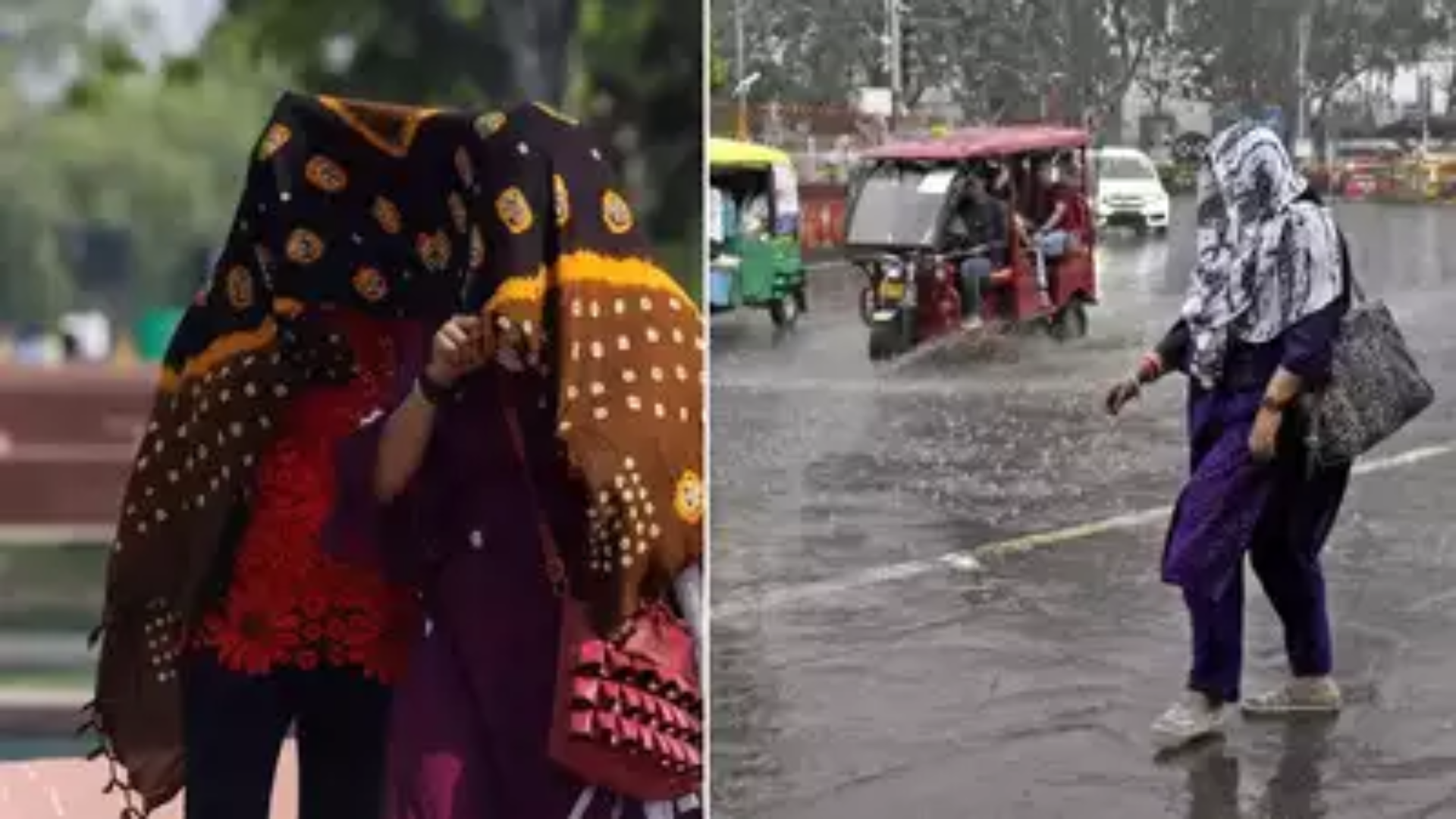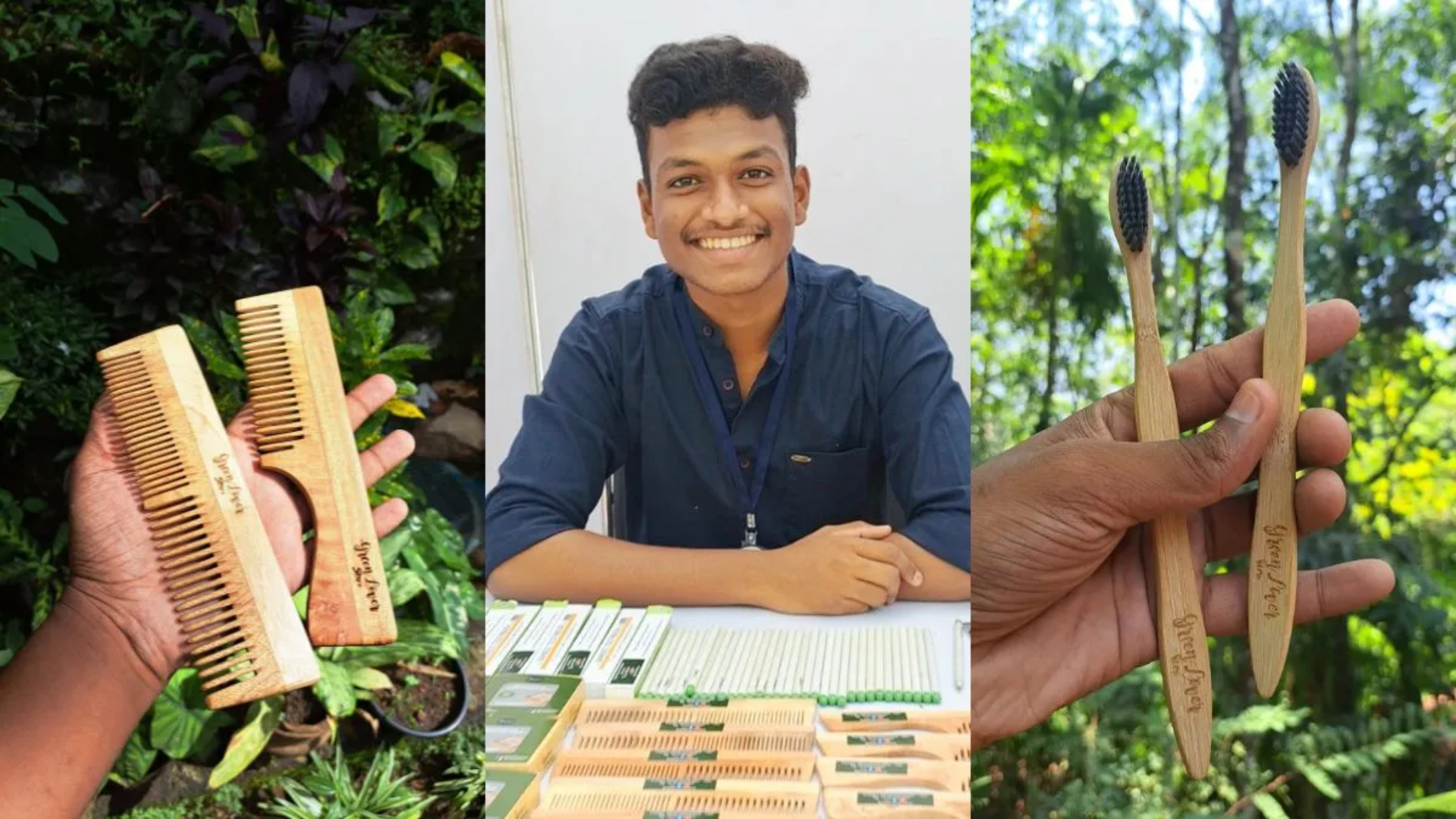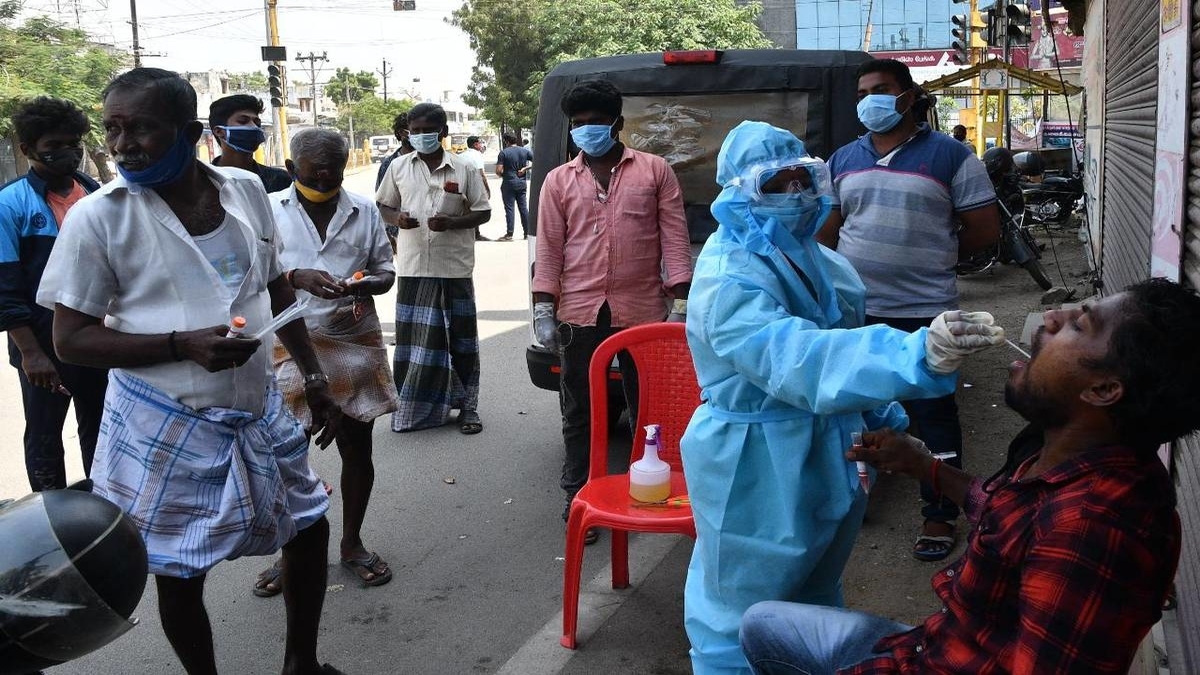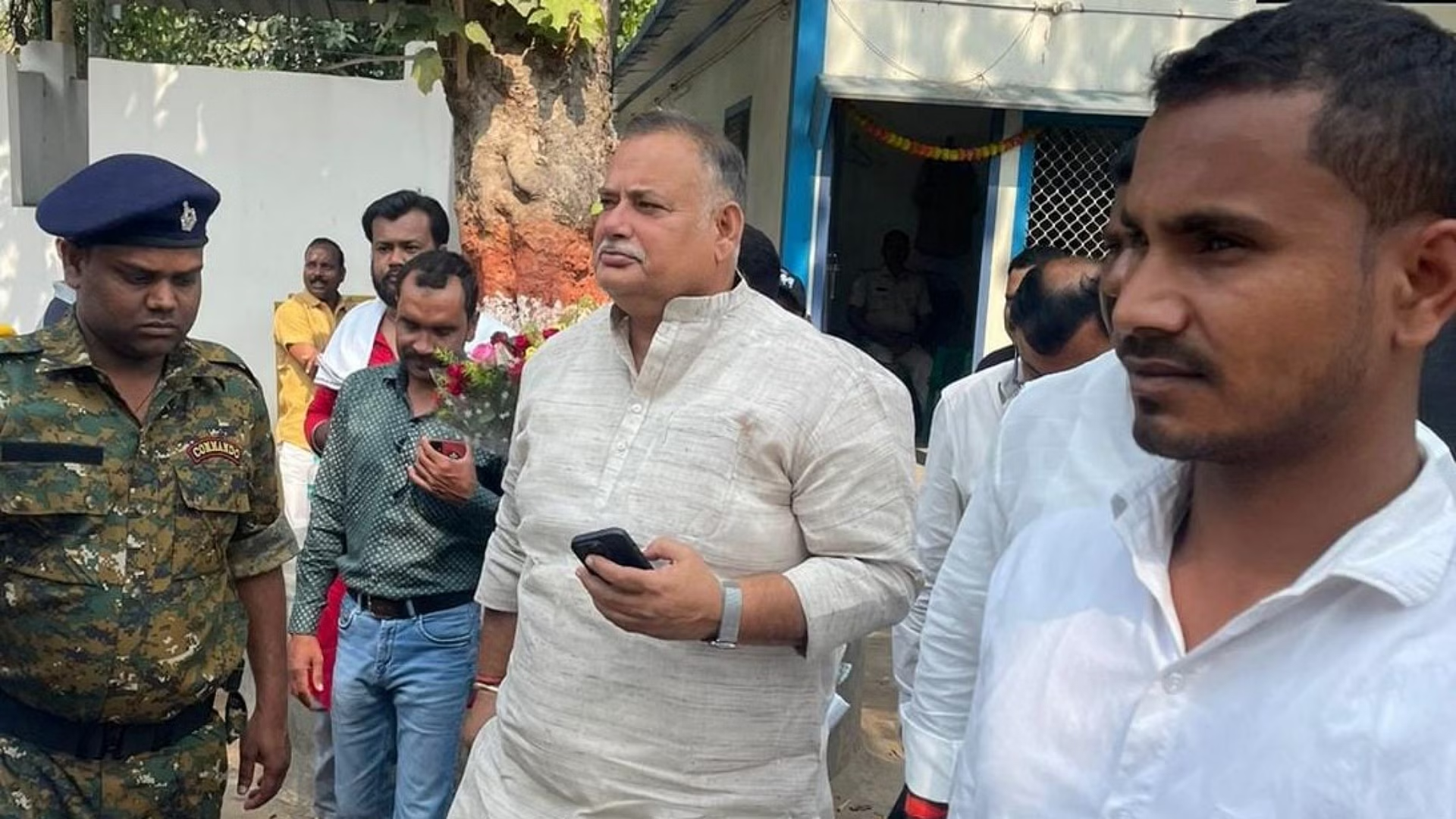










The Ministry of Health on Tuesday issued guidelines for the management of co-infection of COVID-19 with other seasonal epidemic-prone diseases.
With the aim of providing clear guidelines on prevention and treatment of co-infections of coronavirus with other diseases, the Ministry of Health and Family Welfare said, “As per the World Health Organisation (WHO) case definition, a COVID case may present with acute onset of fever and cough, or, acute onset of any three or more of the following signs or symptoms: fever, cough, general weakness or fatigue, headache, myalgia, sore throat, coryza, dyspnoea, anorexia, nausea, vomiting, diarrhoea, altered mental status.”
“This case definition, although sensitive, is not very specific. Seasonal epidemic-prone diseases, as cited in the foregoing paragraphs may all present as a febrile illness, with symptoms that mimic COVID-19. If there is a co-infection, then apart from the febrile illness there may be a constellation of signs and symptoms that may lead to difficulty in diagnosis. A comparative analysis of disease onset, symptoms, signs, warning signs, complications and diagnosis is given at Annexure,” the ministry added.
Also read: Several pre-existing conditions may increase mortality risk for Covid-19 patients: Study
Also read: Why it is important to focus on mental health more than ever
The seasonal pattern of epidemic-prone diseases observed each year includes diseases like Dengue, Malaria, Seasonal Influenza, Leptospirosis, Chikungunya and Enteric fever. They can co-exist with the current COVID-19 pandemic and can also pose clinical and laboratory diagnostic issues.
The Health Ministry has listed approaches to diagnose suspected co-infection which include, a high index of suspicion for epidemic-prone diseases existing in specific regions during monsoon and post-monsoon seasons. Bacterial co-infections must also be suspected in moderate or severe cases of COVID-19 not responding to treatment.
“It should also be considered that malaria and dengue can coexist with other infections, and thus a diagnosis of either of these does not rule out the possibility of the patient not suffering from COVID-19. Similarly, a high index of suspicion of malaria and dengue must be there when a fever case is diagnosed as COVID-19, particularly during the rainy and post rainy season in areas endemic for these diseases,” the Ministry added.
Also read: Government to cover 20-25 crore people by July 2021: Harsh Vardhan on Covid-19 vaccine









